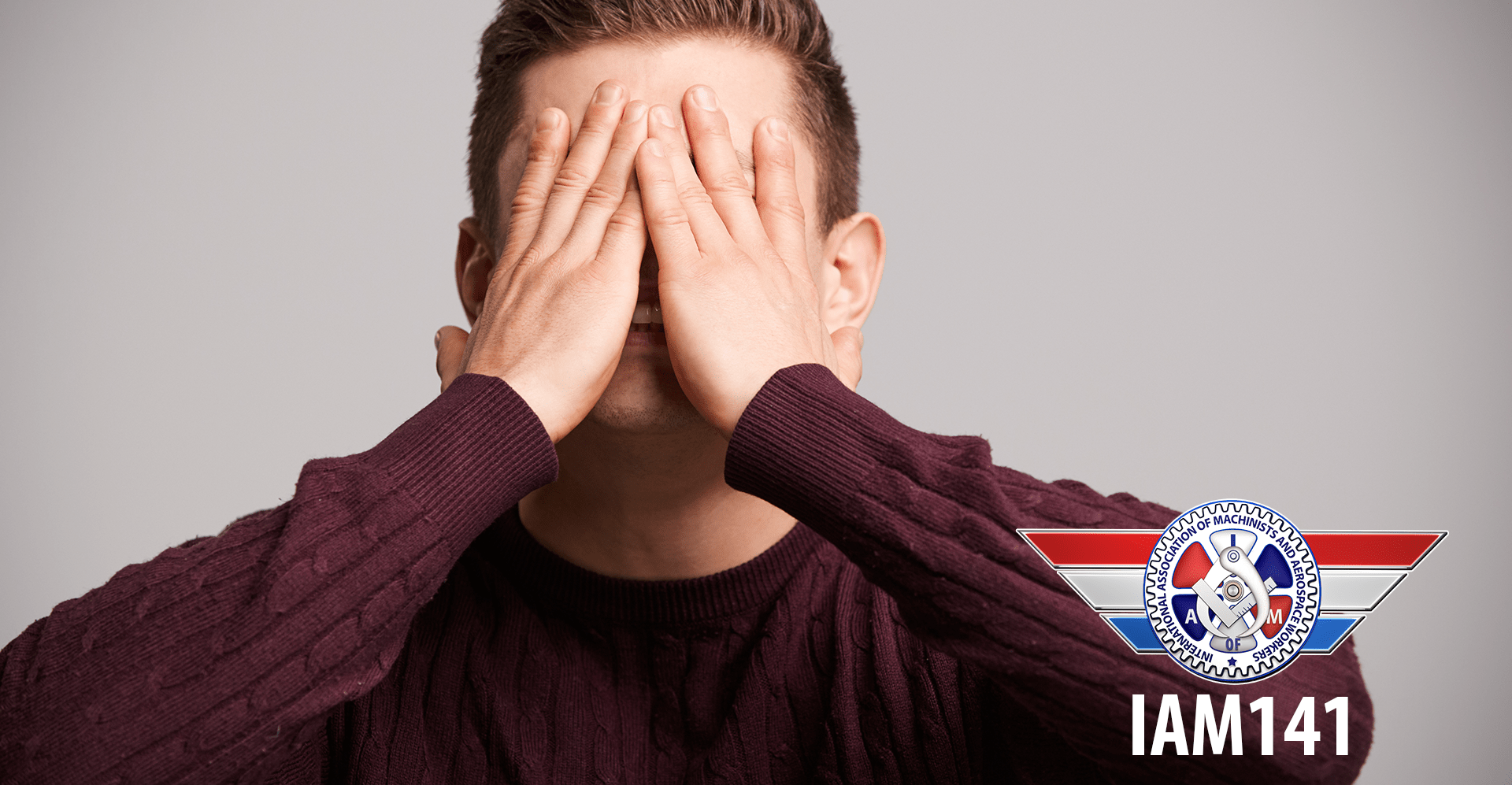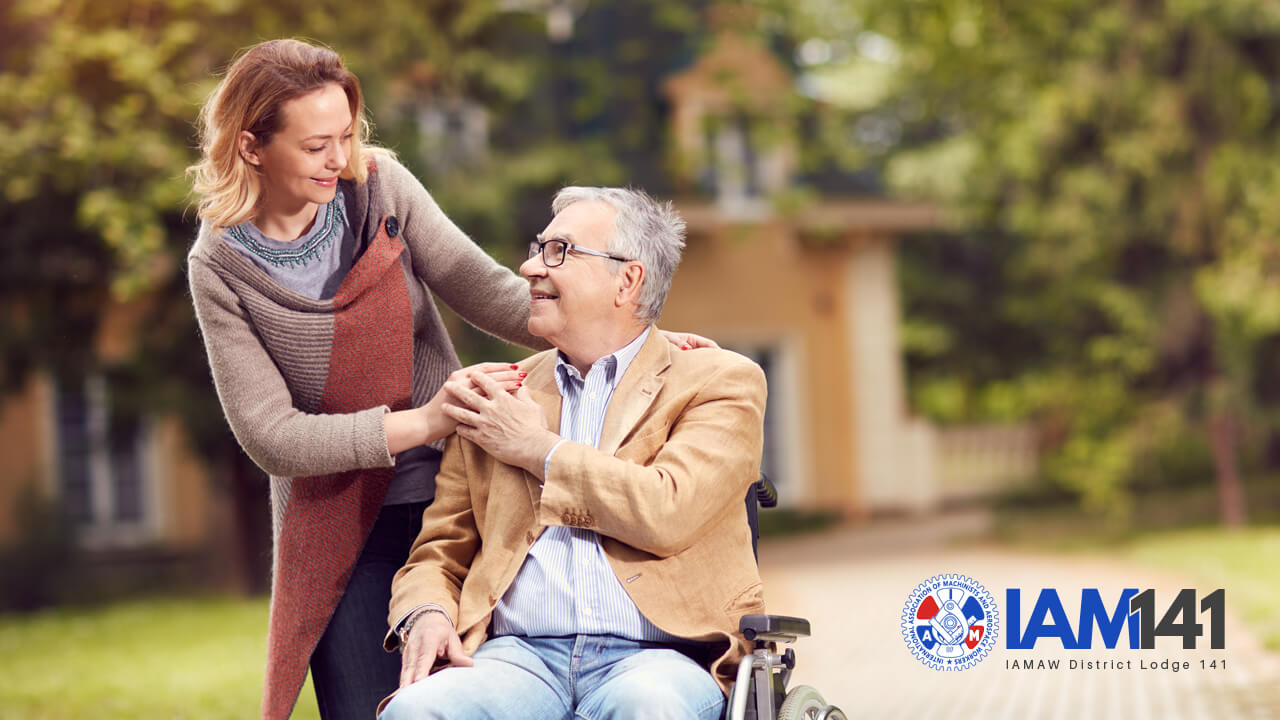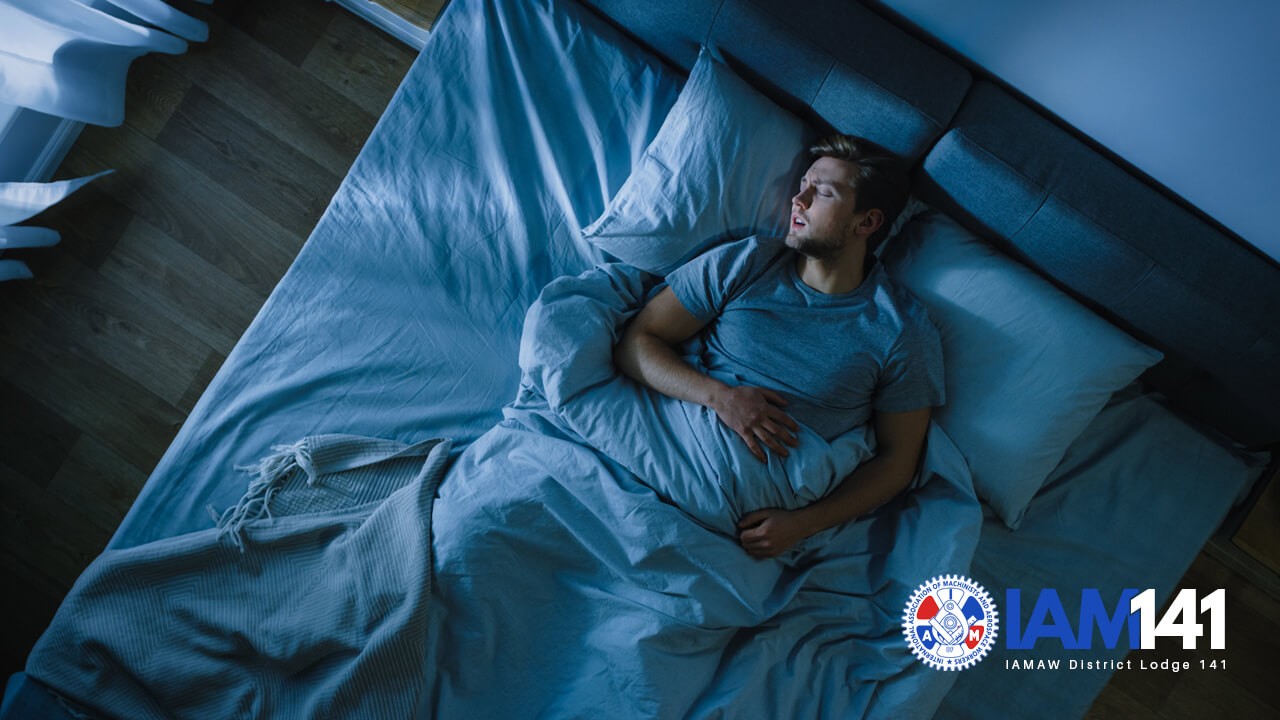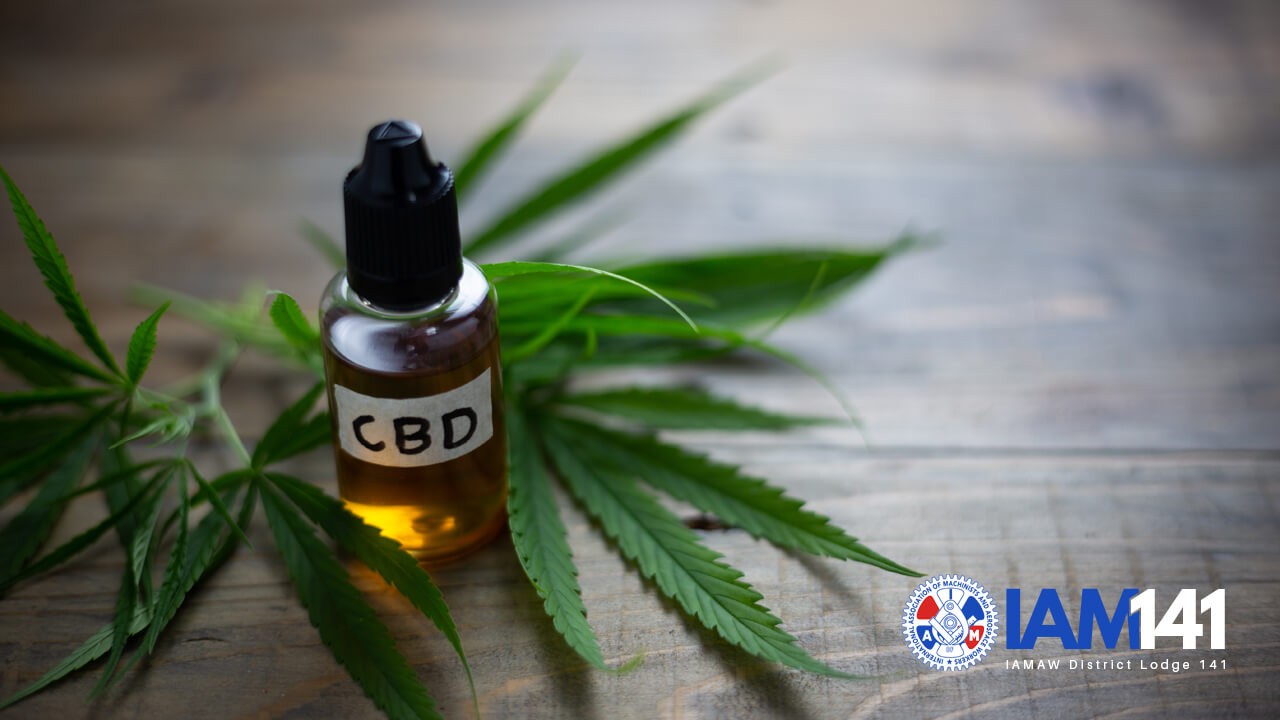
by Eric Price | Feb 20, 2020 | EAP, Featured, Helping Hands, Home, Organizing, Uncategorized
The experience of shame—a feeling of being unworthy, bad, or wrong—can be extremely uncomfortable. Shame has the potential to change the way we see ourselves and may lead to long-lasting social, professional, and other difficulties. The word “shame” means different...

by Eric Price | Dec 3, 2019 | Departments, EAP, Helping Hands, Home
Happy Holidays! This months’ issue focuses on gratitude. There is a lot of research showing that focusing on gratitude helps improve all areas of life – all of the underlined text in the electronic version of this months issue are links to some of the...

by Eric Price | Nov 1, 2019 | Departments, EAP, Helping Hands, Home
November focuses on Caregivers health. Many of our members are caregivers for parents, older (adult) children or friends, neighbors, etc. Being a caregiver takes a lot of energy and can be exhausting. The issue addresses good health for caregivers and some resources...

by Eric Price | Oct 10, 2019 | Departments, EAP, Helping Hands, Home
Our focus is on Retirement and how to prepare for retirement. Retirement is an important issue for many of our folks – preparing for retirement isn’t just about money – it is also about being emotionally prepared and having a plan about what you will...

by Eric Price | Sep 3, 2019 | Airlines, Departments, EAP, Helping Hands, Home
September focuses on sleep – the basics of sleep and how much sleep one needs. There has been a lot of research on sleep and how important it is for optimal functioning. Many of our co-workers work shifts that don’t allow for “normal” sleep...

by Eric Price | Aug 2, 2019 | Airlines, American, Departments, EAP, Hawaiian, Helping Hands, Home, Philippine, Spirit, United
Because there is a lot of confusion around legalization of marijuanna and THC (the active ingredient in marijuanna that gives people a “high”) and now – CBD oils, we cover information about CBD this month. CBD oil has been touted as a treatment for...







